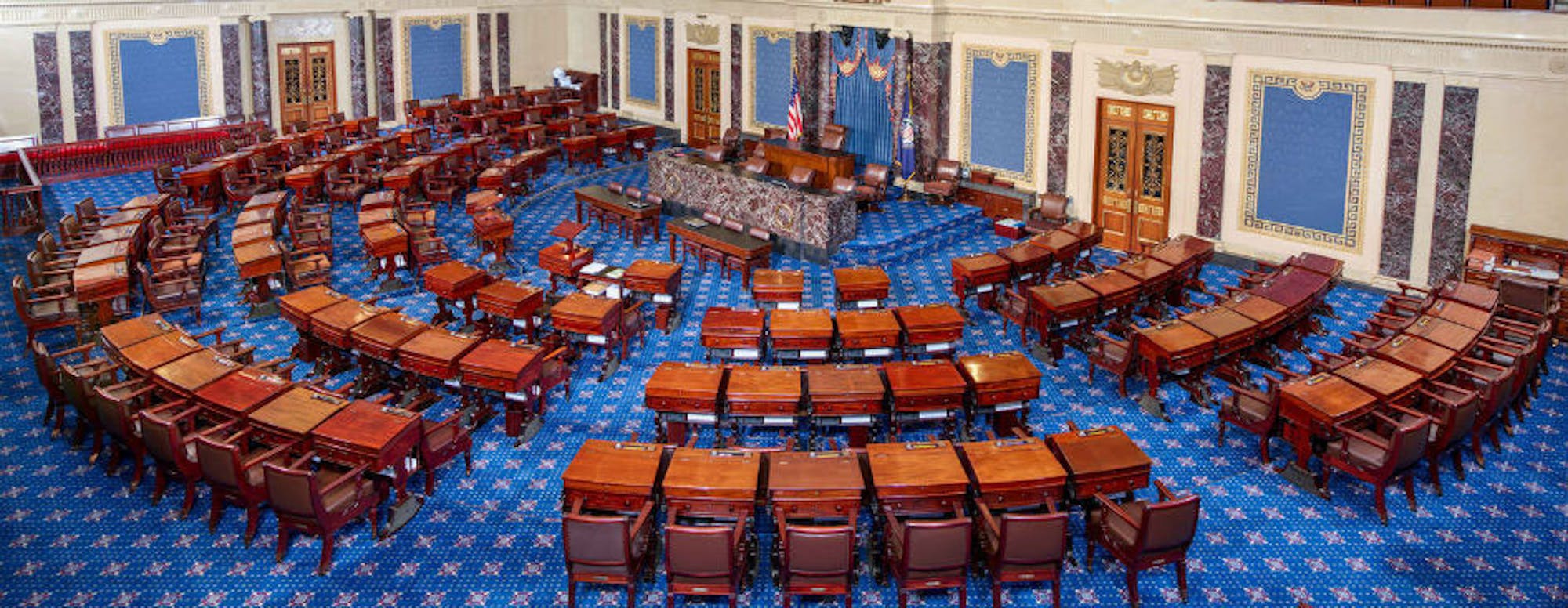For many Americans, politics aren’t that interesting. A 2021 poll found that only 36% of Americans aged 18–29 consider themselves politically engaged, while only around 45% of eligible voters voted in the 2022 midterm elections. It’s understandable that this is the case: With politics as divided as they are today, many might see politics as an unproductive screaming match. Others might be disillusioned at the amount of lying that occurs in politics. In many cases, politics are simply sidelined in comparison to other responsibilities. All of these are sensible reasons, so much so that even I myself didn’t follow politics until a few years ago. Now, however, I would like to make the case that unfashionable as it may be, we should care about politics, at least a little bit.
Politics and policy impact our lives in various ways we often don’t think about. The food in grocery stores is influenced by Food and Drug Administration regulations and federal agricultural policies. The quality of the water we drink is impacted directly by politics. Air pollution is highly dependent on governmental environmental policies such as the Clean Air Act. Public transportation is directly tied to governmental policy and spending as are other key public services from good sewage systems to libraries. Even our health care and the taxes we pay are impacted by the political process.
The scale of the impact politics has is huge, with the lives of all Americans being somewhat reliant on political outcomes. Consider what happened after Democrats won unified control of Congress and Barack Obama won the presidency in 2008. Democrats passed the Lilly Ledbetter Fair Pay Act, an important step towards ensuring equal pay. They repealed Don’t Ask, Don’t Tell, allowing thousands of LGBTQ+ people to serve openly in the military. They expanded the CHIP program, which gave four million more children access to health care. Most influentially, they passed the Affordable Care Act or “Obamacare,” which passed with narrow partisan margins, meaning if the 2008 elections had delivered even a slightly more Republican result, the bill would likely have never become law. The ACA was the single biggest step towards universal health care in half a century. The act cut the U.S. uninsurance rate by nearly half and aided in reducing the racial uninsurance gap. Now, over 35 million Americans receive health care through the ACA. Furthermore, the ACA helped tens of millions of people with preexisting conditions by protecting them from discrimination by private health insurance companies. One may not agree with all of these policies in full, but there’s no denying these policies were consequential and had an impact on millions of people’s lives.
Even if one accepts politics are important, they may still be hesitant to participate because of the belief that young people can’t make a significant impact. However, we have more power to make change than we realize. Voting is the simplest way to have an impact, but we can do more. Writing letters to politicians about policies you care about, especially if you live in that politician’s district, can be significant; in fact, the ACLU calls letters “extremely effective” as “many legislators believe that a letter represents not only the position of the writer but also many other constituents.” Other forms of engagement, such as protests, have also been shown to have power. Alternatively, one could phone bank or volunteer for campaigns they feel passionate about. It should be up to each individual to choose the form of engagement they’re most comfortable with, but the impact of movements like March For Our Lives should negate the notion that young people can’t create political change.
I am not making a case that everyone needs to be interested in politics or be equally engaged in it. However, I do believe that politics and policy are important and impactful enough that all of us should care, at least a small amount. It needn't be a huge part of our lives, but if we have a bit of spare time, picking up a pen to write a letter or registering to vote isn’t a bad way to spend it.






